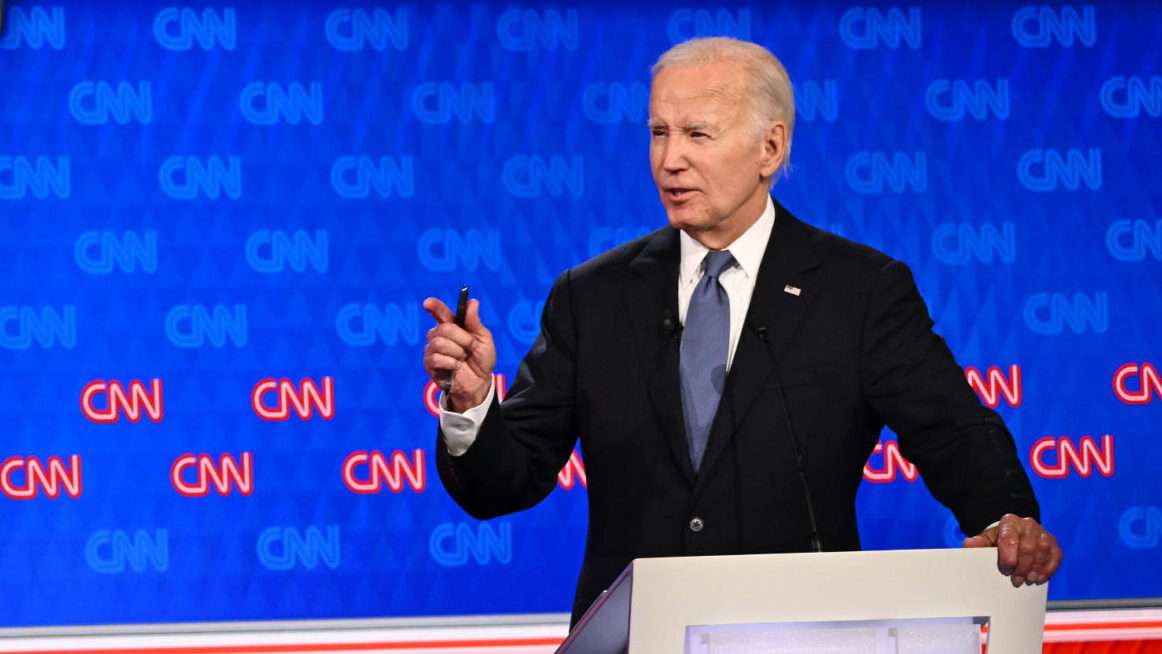President Joe Biden, the oldest president in American history at age 81, announced that he will not seek reelection this year after serving one term. This decision comes after weeks of speculation about the future of his campaign, with the Democratic National Convention approaching quickly and the general election less than four months away. In a letter released on Sunday, Biden expressed that while he had intended to seek reelection, he believes it is in the best interest of his party and the country to focus solely on fulfilling his duties as President for the remainder of his term.
Despite stating that he will continue to serve as president, Biden is likely to face further questions about his fitness for office. He plans to explain his decision in more detail later in the week. In a subsequent announcement, Biden endorsed Vice President Kamala Harris as his successor, offering his full support for her to be the nominee of their party this year.
Biden’s physical and mental decline had been a subject of online speculation for months, but it became more evident after a disastrous debate last month against former President Donald Trump. Polls had already shown that many voters believed Biden, who will turn 82 in November, was too old to effectively serve another four years as president.
Following the debate, mainstream outlets started reporting on Biden’s day-to-day struggles, which led to a decline in his poll numbers. Concerns about his performance and ability to continue his campaign grew among Democratic donors and party leaders, eventually resulting in calls for him to step aside.
After facing mounting pressure and declining support, Biden made the decision not to seek reelection, marking the first time in modern American history that an incumbent president has exited a reelection campaign at such a late stage. This decision has left the Democratic Party, the executive branch, and the country in uncharted territory.
As questions remain unanswered about Biden’s fitness to finish his term and who will be the Democratic nominee on the ballot in November, some Democrats have called for a truncated democratic process to choose a new nominee before the convention. This move indicates resistance to the idea of automatically anointing Kamala Harris as Biden’s natural successor.
Overall, Biden’s closest advisers and inner circle at the White House, along with the Democratic Party, are held responsible for the lack of transparency regarding his physical decline and the rushed nature of the campaign. While Biden’s decision to not seek reelection may be the right one for the country, the chaos that ensued due to delayed action could have been avoided with better planning and transparency.
UPDATE: This post was updated to include Biden’s endorsement of Harris as his successor.




